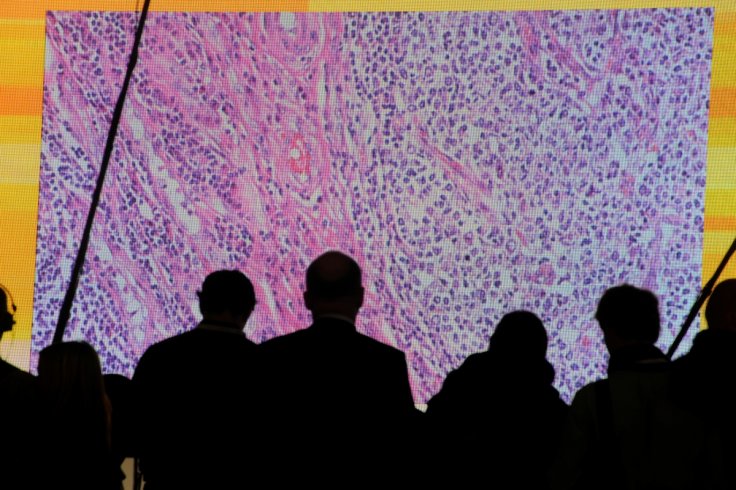
A new study conducted by American researchers has revealed that extra body fat can directly increase breast cancer risk among postmenopausal women even if they have normal weight. As the new report has surfaced, experts are asking older women to not only concentrate on their weight but also focus on doing things which will reduce the overall fat in their body.
"It was previously unknown whether individuals who have a normal BMI but increased body fat have an increased risk of developing cancer. Our findings show that the risk of invasive breast cancer is increased in postmenopausal women with normal BMI and higher levels of body fat, meaning that a large proportion of the population has an unrecognized risk of developing cancer," said Neil Iyengar, a medical oncologist at Memorial Sloan Kettering Cancer Center, Eurekalert reports.
Previously doctors used to rely on Body Mass Index to know whether a person is overweight or not. But there is a small problem with BMI, as this index is incapable of distinguishing between, fat, muscles and bones. As BMI is an imprecise gauge of body composition, it cannot be considered as the best indicator of a person's risk to disorders like diabetes and cardiovascular disorders.
During the research, the team members analyzed 3640 women aged between 50 to 79 who possessed a normal BMI. Over the period of 16 years, 182 women developed breast cancer, and interestingly, all these women possessed high body fat levels.
Iyengar and his team do not consider body fat the only reason behind the trigger of breast cancer in women. They also accounted various other factors including a woman's family history of breast cancer, usage of hormone therapy and drinking habits. However, high body fat can be considered as a factor which increases the risk of breast cancer, peculiarly among older women.
The findings of this new study will be presented at the American Association for Cancer Research conference in Austin, Texas.









